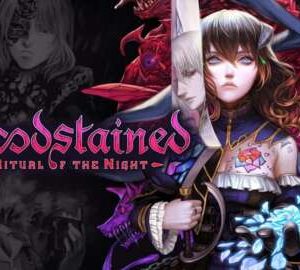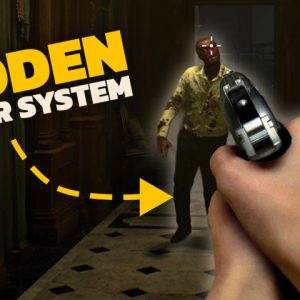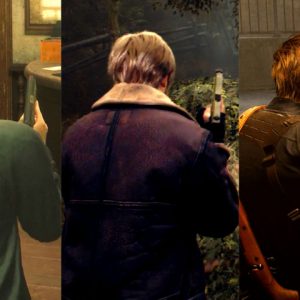Twenty months after it was first announced, Microsoft’s unprecedented deal to buy Call of Duty and Candy Crush publisher Activision Blizzard for $69 billion appears to have beaten its final boss. The UK’s Competition and Markets Authority revealed on Friday that it has provisionally approved the tech giant’s latest version of the acquisition, which includes convoluted carve-outs for cloud gaming rights. After tons of dramatic twists and turns, the biggest gaming merger ever looks like it’s finally happening.
“This is a new and substantially different deal, which keeps the cloud distribution of these important games in the hands of a strong independent supplier, Ubisoft, rather than under the control of Microsoft,” Colin Raftery, the CMA’s senior director of mergers, said in a press release. “With additional protections to make sure that the deal is properly implemented, this will maintain the structure of the market, enabling open competition to continue to shape the development of cloud gaming in the years to come, and giving UK gamers the opportunity to access Activision’s games in many different ways, including through cloud-based multigame subscription services.”
The CMA had previously rejected the deal over concerns that acquiring popular gaming franchises like Call of Duty, Overwatch, Diablo, and more would give Microsoft a monopoly in the cloud gaming space. Microsoft started hinting that it might get around the CMA’s decision by just removing Activision games from the UK entirely, and later sent out rumblings that it was preparing to close the deal even without permission from the Federal Trade Commission in the U.S. which had sued it over anti-trust concerns.
The FTC then sued for an injunction to block the deal, leading to an extradordiary multi-day trial in federal court full of testimony by gaming executives from Xbox, PlayStation, Bethesda, and other companies that included an unusual level of behind-the-scenes looks into the normally hyper secretive gaming industry.
How Microsoft saved the Activision Blizzard deal
The judge in the case ended up siding with Microsoft, however, paving the way for it to close the deal in the U.S. and eventually forcing the CMA back into negotiations on a reversal of its previous rejection. According to reporting by Bloomberg, it was all part of a bluffing strategy by Microsoft to ultimately save the deal.
To placate UK regulators, Microsoft has now agreed to sell cloud gaming rights for Activision Blizzard’s games to Ubisoft. While it can still pay to stream hits like Modern Warfare II and Diablo IV on services like Game Pass, Ubisoft will have final say for the next 15 years, keeping Microsoft from having exclusive control. That complicated carve-out only applies to the UK, however, and regulators said today that their last demand is for Microsoft to offer some sort of enforcement mechanism so that the CMA can check to make sure it is adhering to the terms of the agreement. A final decision for approval will arrive by October 6.
“The CMA’s position has been consistent throughout–this merger could only go ahead if competition, innovation, and choice in cloud gaming was preserved,” Sarah Cardell, CEO of the CMA, said in a press release. “In response to our original prohibition, Microsoft has now substantially restructured the deal, taking the necessary steps to address our original concerns. It would have been far better, though, if Microsoft had put forward this restructure during our original investigation. This case illustrates the costs, uncertainty and delay that parties can incur if a credible and effective remedy option exists but is not put on the table at the right time.”
Notably, the CMA’s provisional approval comes just one day after UK treasury head, Jeremy Hunt, met with gaming companies in California. The government agency released photographs from the event on social media today. They show Activision Blizzard CEO Bobby Kotick as one of the executives in attendance, and the one seated closest to Hunt. The longtime Call of Duty boss threatened earlier this year that the UK would become “death valley” if it did not approve the sale. Kotick is estimated to earn a windfall of $390 million once the deal goes through. That’s over 20 times the $18 million settlement Activision Blizzard agreed to pay the Equal Employment and Opportunity Commission following a multi-year investigation into sexual harassment and discrimination at the company.






















-80x60.jpg)

